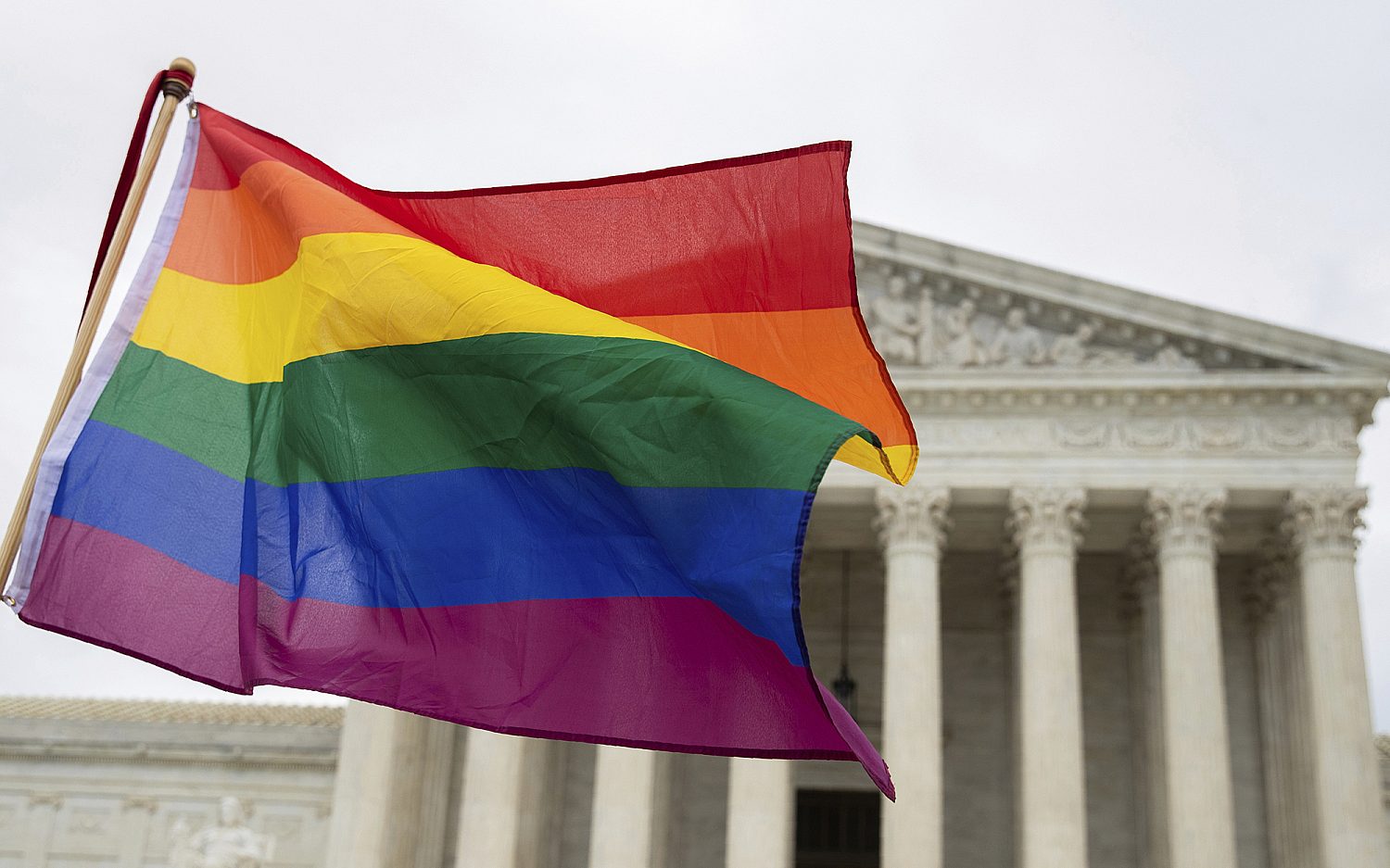Compounded anguish
The high court overturns a ruling that sent a part-Cherokee child from adoptive parents back to her biological father
WASHINGTON—The Supreme Court today ruled in favor of a South Carolina couple hoping to adopt Veronica, the child taken from them at age 27 months and returned to her biological father, a member of Oklahoma’s Cherokee Nation, because she is 3/256 parts Native American. (See “Veronica’s tears,” June 19.)
Justice Samuel Alito, writing for a 5-4 majority, sent the case back to the South Carolina Supreme Court. The state court ruled in 2011 that the Indian Child Welfare Act (ICWA) prevented the termination of the father’s parental rights, even though the father, Dusten Brown, had signed them away, had never had custody, and would have lost the case under state law.
But Alito, joined by Chief Justice John Roberts and Justices Anthony Kennedy, Clarence Thomas, and Stephen Breyer, wrote that the ICWA shouldn’t apply here. It was intended to keep Indian families intact unless “continued custody” would result in serious harm to the child. (Download a PDF of the court’s opinion.)
That means it was meant for cases in which the American Indian parent already had custody of the child, Alito said. In this case Brown first took custody 18 months ago, after the child had lived with Matt and Melanie Capobianco for more than two years—there was no Native American family Veronica’s adoption would have broken up.
The ICWA would otherwise put Native American children at a “great disadvantage solely because an ancestor — even a remote one — was an Indian,” Alito said. He noted that a biological Indian father could abandon his child and then “play his ICWA trump card at the eleventh hour to override the mother’s decision and the child’s best interest.” This would surely deter parents hoping to adopt children who might qualify as an Indian under the ICWA.
Justice Sonia Sotomayor dissented, arguing that the majority had misread the statute. The purpose of the ICWA is to provide more protection to biological Indian families than state law allows and to protect tribes’ relationships with future members, she said, and the South Carolina courts had done so.
Her dissent was joined by Justices Ruth Bader Ginsburg, Elena Kagan, and noted conservative Antonin Scalia, who wrote that “it has been the constant practice of the common law to respect the entitlement of those who bring a child into the world to raise that child. … This father wants to raise his daughter, and the statute amply protects his right to do so.”
Sotomayor said that “the anguish this case has caused will only be compounded” by the court’s ruling if another change is made in the girl’s living arrangements. It was hard the first time but “it will be equally devastating now, if at the age of three and a half, she is again removed from her home and sent to live halfway across the country.”
Sotomayor is right that “there are no good answers now, because the child has been treated like a ping-pong ball,” said Bruce Strom, executive director of Administer Justice, a Christian legal aid agency, who took a very similar case to the Supreme Court several years ago.
Strom believes the majority read the statute correctly. Over the years, reasoning such as Sotomayor’s had “stood the statute on its head” by giving preference to Indian relatives and tribes in cases where the child had no contact with the tribe and was very distantly related. That goes far beyond the ICWA’s original purpose of keeping existing Indian families intact, he said.
Veronica will very likely return to the Capobiancos, he said, because the state court was clear that, apart from the ICWA, it would have ruled in their favor. He doubts the ruling will serve as a direct precedent for the many other similar cases across the country but the “dicta,” written opinions of the justices that go beyond this case, will have an influence in favor of adoptive parents.
The Associated Press contributed to this report.
An actual newsletter worth subscribing to instead of just a collection of links. —Adam
Sign up to receive The Sift email newsletter each weekday morning for the latest headlines from WORLD’s breaking news team.





Please wait while we load the latest comments...
Comments
Please register, subscribe, or log in to comment on this article.